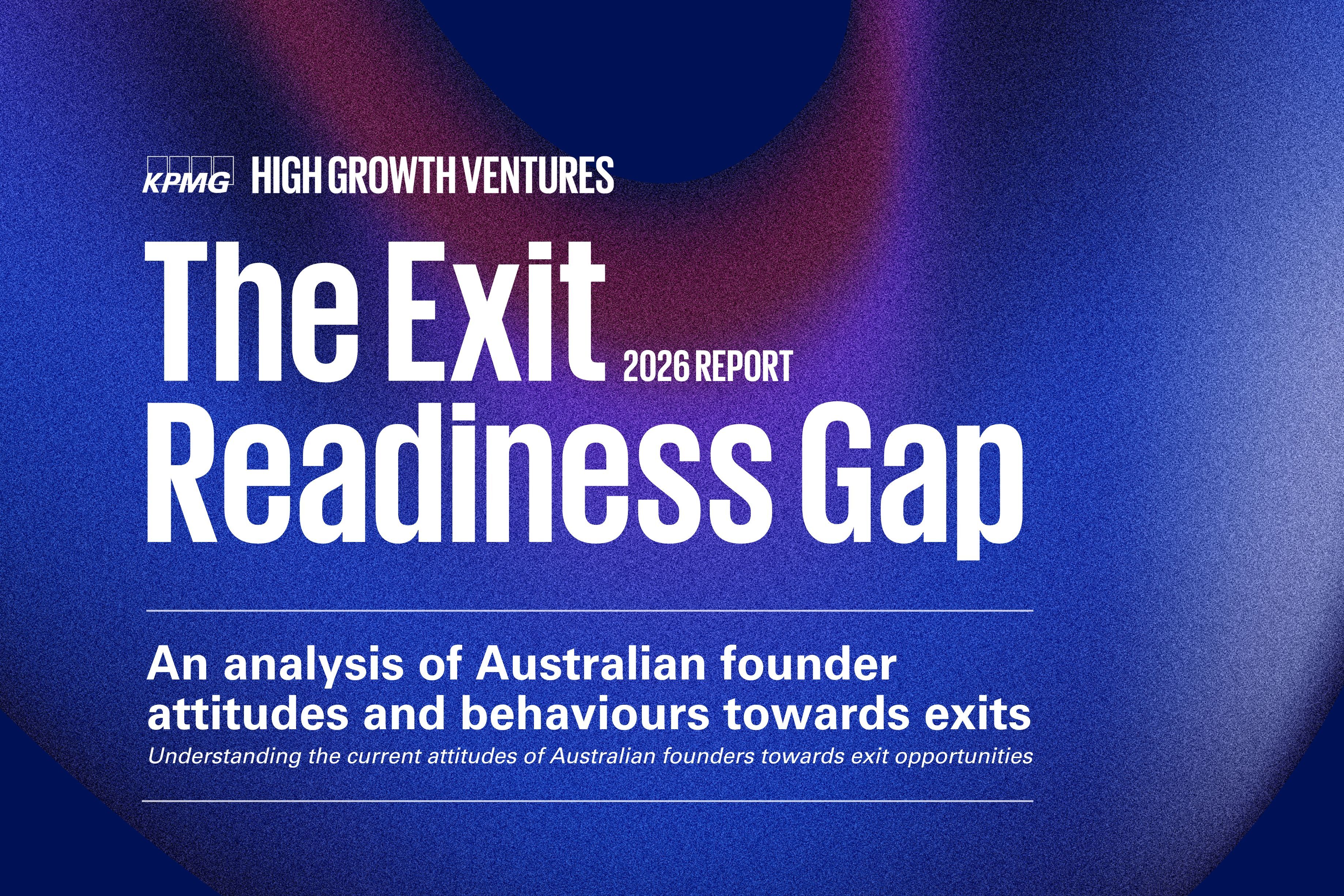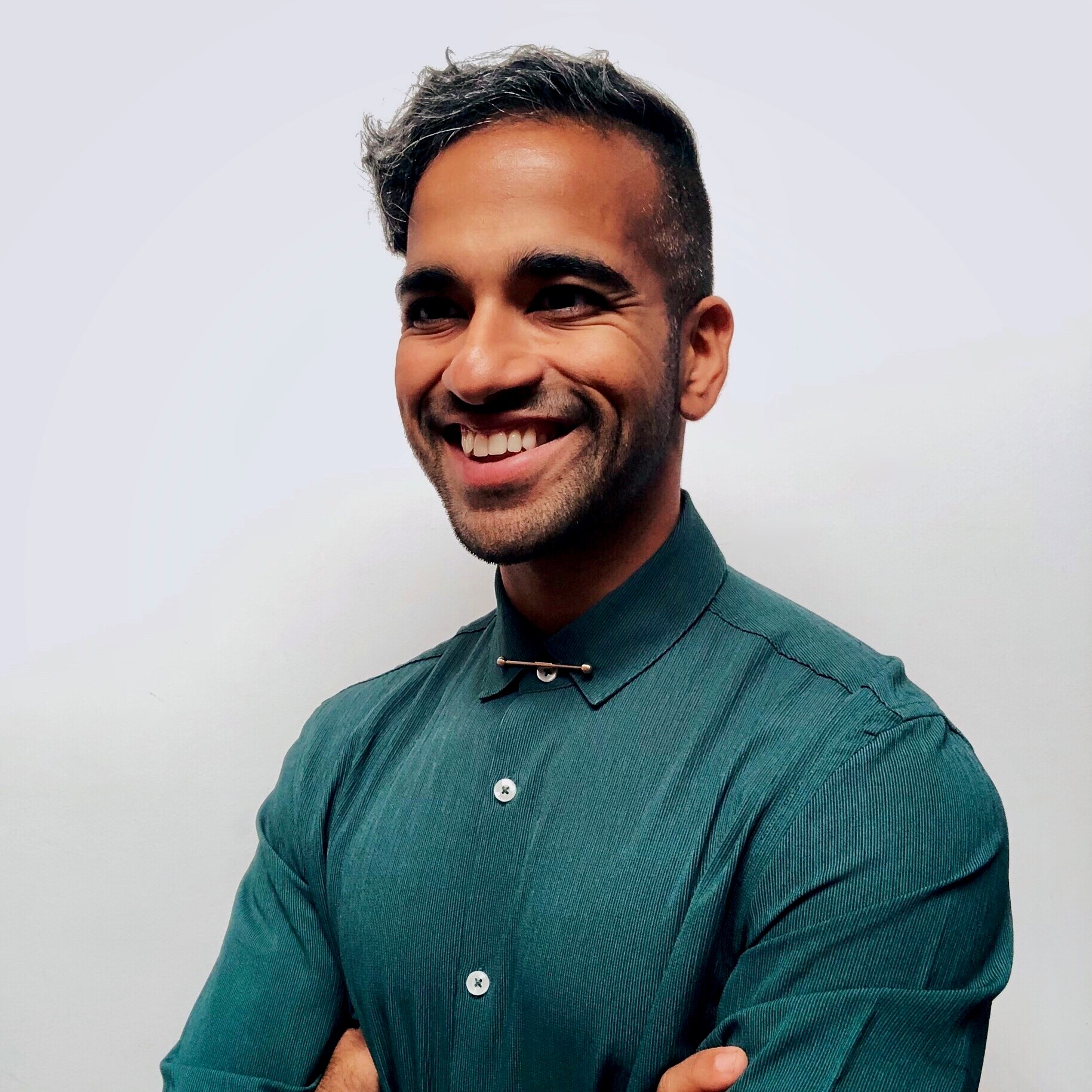Stay up to date with latest insights for startups and scaleups.
.png)





.jpg)



.jpg)

This website uses cookies to provide necessary site functionality and improve your online experience. By using this website, you agree to the use of cookies as outlined in KPMG's online privacy statement.